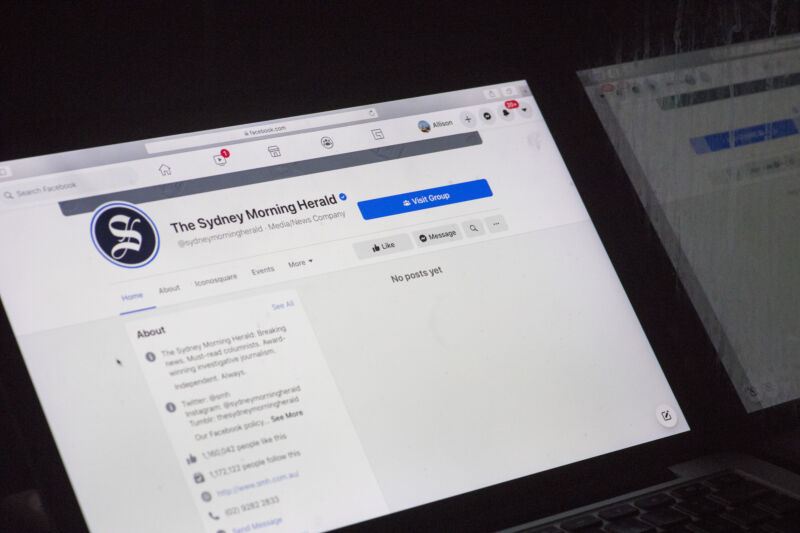Source: The Week: Most Recent Home Page Posts

Just one dose of the Moderna and Pfizer two-shot coronavirus vaccines is seemingly nearly as good two.
In a study published Thursday in the New England Journal of Medicine, a pair of Canadian-based researchers suggested an amendment to the determined efficacy of the Pfizer vaccines after just one shot. While Pfizer and BioNTech reported their vaccine was just 52.4 percent effective at preventing infection after the first dose, the researchers noted that this data includes results from within the first two weeks after inoculation, "when immunity would have still been mounting." After two weeks, that efficacy mounted to 92.6 percent, matching the first-dose efficacy of 92.1 percent reported from the Moderna vaccine as well. After two doses, the Pfizer vaccine is 95 percent effective, and Moderna's is 94 percent.
The Canadian-based researchers' interpretations of the Pfizer results led them to suggest in the letter that vaccine distributors delay giving people the second dose. This would let distributors get first doses to more at-risk people instead of leaving them "completely unprotected" — something the researchers called "a matter of national security that, if ignored, will certainly result in thousands of COVID-19–related hospitalizations and deaths this winter in the United States."
Another study from January led Pfizer and BioNTech to say Wednesday that they are unsure if the vaccine will be effective at protecting against the B.1.351 variant first found in South Africa. The study published in the New England Journal of Medicine found the vaccine was still capable of neutralizing the virus within the B.1.351 strain, and that trials haven't shown the variant reduces the vaccine's protection in people. Still, the companies may end up creating a booster shot to ensure the vaccine remains effective against the highly transmissible strain.


